(Akiit.com) You probably don’t think much about emergency buttons or alarms unless you’ve seen them in a hospital or maybe in your grandparents’ house. But what if something as small as a little device could be the reason someone’s still alive today? It sounds dramatic, but it’s actually true. Emergency response systems aren’t flashy or loud. Most of the time, you don’t even notice them doing their job. But behind the scenes, they’re helping people stay safe, get help faster, and live more confidently—especially when no one else is around.
Tiny Devices, Big Help
Most emergency response systems are simple-looking. They’re usually small buttons on a necklace, a wristband, or even built into a phone. But don’t let how plain they look fool you. Inside, there’s a lot going on. These systems are always ready to alert someone—like a medical team or a family member—the second something goes wrong.
The way it works is pretty cool. When someone presses the emergency button, a signal goes out instantly. It can connect with trained responders who can speak to the person, check what’s going on, and send help if needed. Some systems even come with fall detection, which means the device knows if someone falls and calls for help without them pressing anything. That’s a big deal, especially for older people who might not be able to reach the button.
One good example of where to look for high-quality systems is APERS. They provide emergency response tools that work quickly and reliably, helping keep people safe with the press of a button. Choosing the right system can really make a difference, especially when seconds count.
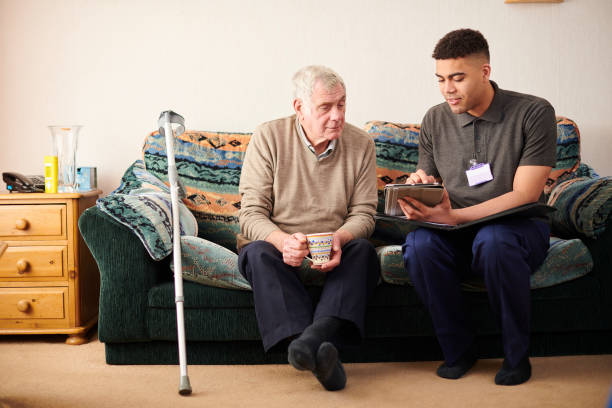
Who Uses These Systems?
Lots of people think emergency response systems are only for seniors. That’s not true. Sure, older adults are the main users, but they’re not the only ones who benefit. These devices help people who are recovering from surgery, have medical conditions, or live alone. Some parents even give them to kids who walk home alone or stay by themselves for a few hours after school.
They’re also popular in places like retirement homes, group homes, or even regular neighborhoods. It’s not about being old or fragile—it’s about being smart and prepared. Anyone can end up in a scary situation where they need help fast. Having an emergency response system just means someone’s ready to help without needing to fumble for a phone or wait for someone to walk by.
When Every Second Counts
Imagine this: someone slips and falls in the shower. They can’t stand up and there’s no one home. Without an emergency button, they might lie there for hours before anyone finds them. That can lead to serious injuries, dehydration, or worse. But with a response system, all it takes is one press—or sometimes not even that, if there’s fall detection—and help is on the way in minutes.
And it’s not just falls. These systems can help with heart attacks, allergic reactions, asthma attacks, or even break-ins. The faster someone responds, the better the chance of avoiding something really bad. That’s why having a system that connects right away to trained people is so important. It’s not just about calling 000 (or 911 in some places)—it’s about making sure someone responds the second something happens.
Quiet Support, All the Time
The cool thing is, most of the time, emergency systems just sit there, quietly doing their job. You don’t notice them. They don’t beep or flash unless something’s wrong. That’s part of what makes them special. They let people live normally without constantly thinking about safety. It’s like having backup without needing to think about it every second.
Some systems can even track where a person is, which is really helpful if someone gets confused or lost. That’s especially important for people with memory problems or disabilities. GPS tracking helps family or emergency teams find someone fast, even if they can’t speak or explain where they are.
Better Than Just a Phone
You might wonder, “Why not just use a phone?” Phones are great, but they aren’t always the best in an emergency. They can be out of reach, locked, or dead. And when someone is panicking, injured, or scared, pressing one big button is way easier than unlocking a screen and making a call.
Plus, most phones don’t have fall detection. They don’t automatically connect with emergency services either. Emergency response systems are made for this exact purpose. They’re faster, more reliable, and easier to use when things go wrong.
Giving People Confidence
One of the best things about these systems isn’t even just the safety—they help people feel more confident. A lot of older people, or anyone who’s been through a health scare, feel nervous being alone. They might stop doing things they used to enjoy, just because they’re worried something might happen.
But with a personal alert system, they feel safer going for a walk, taking a shower, or staying home alone. Knowing that help is only one press away makes a big difference in how someone feels day-to-day. It’s not just about surviving emergencies—it’s about living without fear.
Are They Worth It?
Absolutely. The cost is usually pretty low compared to what could happen without one. Most systems have a monthly fee and might need a one-time setup, but they’re not super expensive. When you think about the hospital bills or risks from not getting help in time, it’s clear they’re worth it.
Also, there are so many types now. Some are super basic with just a button. Others have voice speakers, GPS, and even mobile apps. That means people can pick the one that fits their life best.
The Takeaway
Emergency response systems aren’t loud or flashy. They don’t ask for attention. But they’re out there, quietly saving lives every single day. From helping someone who’s fallen to getting fast help during a medical crisis, these tools work in the background so people can keep living their lives safely.
If someone in your family lives alone, is getting older, or just wants an extra layer of safety, it’s worth checking them out. The peace of mind they offer is real. And who wouldn’t want to know that help is always just one button away?
Want to talk about this with others or have a story to share? Start a conversation. You might just help someone else realize how valuable these systems really are.
Staff Writer; Bobby Jones



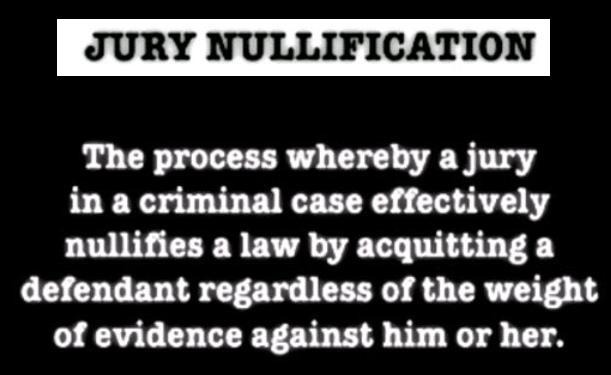


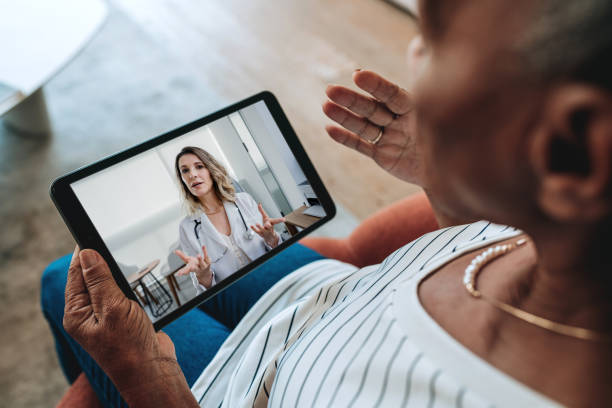
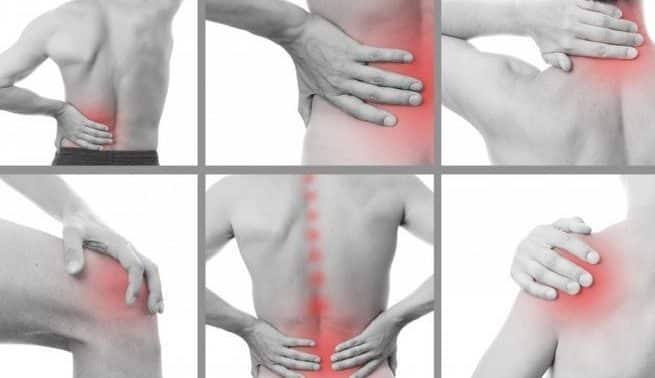
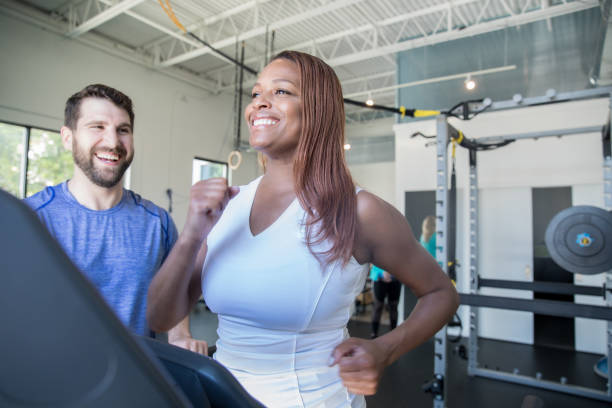

Leave a Reply